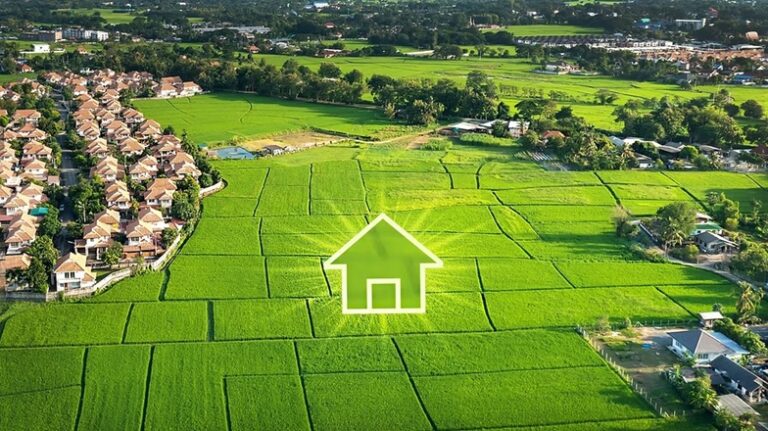Prospective buyers and investors looking for land for sale in Palmer AK have to negotiate a vital first step: environmental assessments in the dynamic real estate scene of today. These assessments cover a variety of painstaking tests including soil testing and wetlands delineation. They are absolutely necessary instruments showing possible concealed obligations that can affect the value and viability of underdeveloped properties.
Grasping Soil Testing
The foundation of environmental evaluations is soil testing. It reveals important new information on soil composition, nutrient levels, and pollution concerns. This approach guarantees that land for is carefully examined for its agricultural, residential, or commercial possibilities. Early identification of soil quality helps stakeholders to plan efficient land use strategies and reduce any environmental risks.
Negotiating Wetland Delineation
Maintaining biological balance and legal compliance depends much on wetlands delineation. It calls for careful mapping and categorization of wetland regions inside the property borders. This evaluation guarantees compliance with environmental rules for land for sale and draws attention to conservation areas possibly limiting development activities. Including wetlands delineation into the evaluation system helps stakeholders maintain environmental stewardship and simplify land development procedures.
The Need of Environmental Due Diligence
Comprehensive environmental studies reduce financial risks and legal responsibilities connected to undeveloped land. Comprehensive due diligence helps investors and developers assessing land for sale in Palmer, Alaska. It protects against unanticipated pollution problems, legal obstacles, and possible lawsuits, hence strengthening investment confidence and project viability.
Ultimately, in the framework of buying land for sale in Palmer AK, environmental assessments—including soil testing and wetlands delineation—are of great importance. These assessments guarantee informed decision-making and sustainable development practices by acting as proactive tools to find concealed liabilities. Diligent environmental due diligence helps stakeholders to open the way for responsible land management and long-term environmental integrity.
By conducting thorough evaluations, stakeholders ensure that environmental stewardship is maintained while simultaneously encouraging sustainable development goals. As the demand for land that is available for purchase in Palmer, Alaska continues to increase, the incorporation of complete environmental assessments continues to be of the utmost importance in regard to protecting investments and maintaining ecological balance for future generations.
This strategy guarantees financial investments as well as helps to more general environmental sustainability. Stakeholders lay a basis for resilient communities and a flourishing natural environment when they participate in strategic planning and regulatory compliance.


Comments are closed.